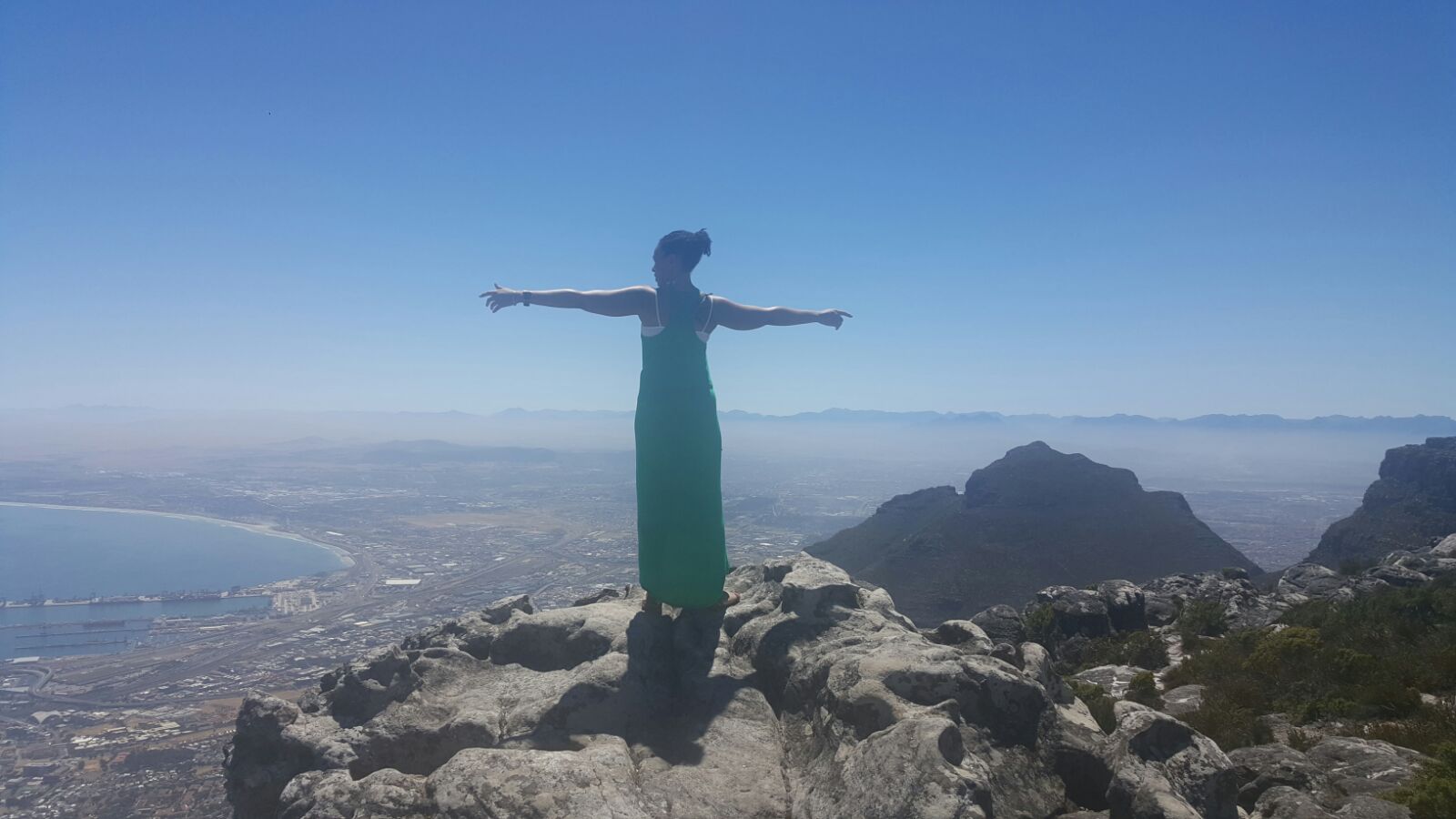
For most of the past few years, I haven’t stayed in the same city for more than 10 days at a time. Even on my longer work assignments, I used my free weekends to explore nearby towns or states or countries. Driving to Montreal from Maine is still one of my favorite trips. On one such trip, the beautiful countryside provided a peaceful ride, I stumbled upon a street festival and downtown sidewalk sale, relaxed in a hotel downtown, and toured the historic Basilica all in the course of less than 2 days.

All my travel, like most of the world, came to a screeching halt last month. So where does a nomad shelter-in-place? As you all know by this point, I love the freedom and flexibility of being a nomad. But I respect the seriousness of COVID-19 and the importance of social distancing and limiting unnecessary exposure to others during a time of many unknowns. I am humbled by those essential workers on the front-line, healthcare workers, custodial staff, truck drivers, grocery store employees and emergency responders to name a few.
Many nomads around the world have hunkered down wherever they happened to be at the time. Others rushed home during the initial chaos and confusion around the closing of the US borders. Many, like me, are in limbo until we can safely and comfortably travel again. After I canceled trips to Kansas, California and Georgia, I decided to shelter-in-place in Maryland, the location of my last assignment. I am grateful for friends who have taken me in over the last few weeks and the hotels who have remained operational to accommodate those of us without a permanent residence.
In this time, it is important to reflect on members of our society who always have housing instability. Our homeless population continues to be at increased risk. With shelters closed due to constraints of social distancing, more people are left without access to food, shelter and bathrooms. This population already faces huge health concerns on a regular day and the CDC recommendations to keep us safe don’t apply to a group that can’t “just stay home” or “quarantine and chill.”
As the country plans to re-open to a new normal, many lessons can be learned. As a nation, we have united and supported each other in extraordinary and compassionate ways. My wish is that we continue to band together to protect our most vulnerable populations, to re-evaluate the definition of the essential worker and remember how we can be better together.

***photos from Montreal, Canada 2018










